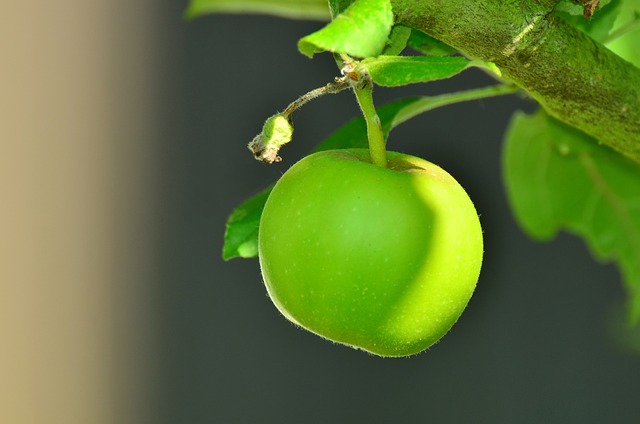Probiotics vs Prebiotics: What’s the Difference and Which One Do You Need?
Probiotics and prebiotics have become increasingly popular in recent years due to their many health benefits. However, many people are confused about the difference between the two and which one they should be consuming. In this blog, we will discuss the differences between probiotics and prebiotics, their benefits, and which one you may need.
What are Probiotics?
Probiotics are live bacteria and yeast that live in our gut and are beneficial for our health. They help maintain the balance of good and bad bacteria in the gut and support overall digestive health. Probiotics can be found in fermented foods, such as yogurt, sauerkraut, and kimchi, as well as in supplement form.
Aside from promoting gut health, probiotics have also been shown to have other health benefits, such as boosting the immune system, reducing inflammation, and improving mental health.
What are Prebiotics?
Prebiotics, on the other hand, are non-digestible fiber compounds that feed the good bacteria in our gut. They help the good bacteria grow and thrive, promoting a healthy balance of gut bacteria. Prebiotics are found in many fruits, vegetables, and whole grains, such as bananas, asparagus, and oats.
Prebiotics are important for gut health because they help maintain a healthy environment for probiotics to thrive and do their job. They also support overall digestive health and have been shown to have other health benefits, such as improving calcium absorption and reducing the risk of certain diseases.
What’s the Difference?
The main difference between probiotics and prebiotics is that probiotics are live bacteria and yeast that are beneficial for our gut health, while prebiotics are non-digestible fiber compounds that feed the good bacteria in our gut.
Probiotics come from fermented foods, such as yogurt and kimchi, as well as in supplement form. Prebiotics, on the other hand, come from many fruits, vegetables, and whole grains, such as bananas, asparagus, and oats.
While probiotics and prebiotics have different functions, they both play important roles in maintaining overall gut health and promoting a healthy balance of gut bacteria.
Which One Do You Need?
Both probiotics and prebiotics are important for gut health and overall health. If you have digestive issues or are looking to boost your gut health, consuming probiotics or taking a probiotic supplement may be helpful. Similarly, if you are looking to support the growth of good bacteria in your gut, consuming prebiotics or taking a prebiotic supplement may be beneficial.
If you are unsure about which one you may need, it is best to consult with a healthcare professional or a registered dietitian to determine the best plan of action for your individual needs.
Conclusion
Probiotics and prebiotics are both important for maintaining overall gut health and promoting a healthy balance of gut bacteria. While they have different functions, they work together to support our digestive health and overall well-being. If you are looking to improve your gut health, incorporating probiotic and prebiotic-rich foods into your diet or taking supplements may be beneficial.







